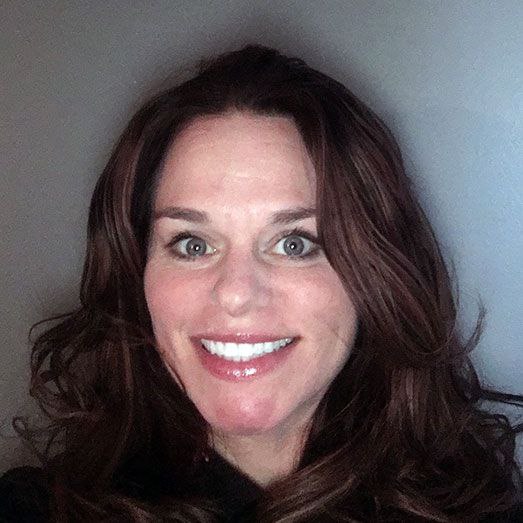
How Working in Senior Care Made Me a Better Nurse
Updated from the original publication on February 15, 2018.
As I was chatting with a former colleague recently, I saw the surprise on her face when I told her that my experience working in the skilled nursing and rehab center of a retirement community had made me a better nurse. From that conversation, I too was surprised to realize just how many misconceptions there were about working in senior care.
We are currently facing an incredible nursing shortage across the U.S. Per the Bureau of Labor Statistics, 1.2 million vacancies will emerge for registered nurses between now and 2022. And driving the demand to outpace the talent pool is the aging baby boomer population. (Roughly 10,000 Americans will turn 65 every day over the next 20 years.) The need for senior care is critical — but with it brings personal and professional growth opportunities.
Here are a few ways working with older adults has made me a better nurse:
I am more effective in my assessments and critical thinking
Prior to taking a position in senior care, I worked in hospitals – first in a med-surg wing and later in the ICU. While I learned critical care skills in those settings, I was met with a (positive) challenge when I began working with seniors: the need to more rapidly evaluate clinical information. Outside of a hospital environment, issues can arise and escalate quickly and there may not be a doctor immediately on hand. We need to be equipped and ready to evaluate information and act before it’s too late.
The personalized approach in senior healthcare has made me more effective in my critical thinking and enabled me to provide quick, effective therapeutic intervention. We know residents' routines and their preferences in medication times and meals. We notice slight changes in movements, speech or physical cues. Because of these regular interactions, I have a greater understanding of my patients’ health patterns, and can more effectively speak to their care needs and make informed recommendations to my clinical counterparts. I feel empowered to be a part of making critical decisions that range from assessing underlying medical issues to developing care plans that reduce hospital readmissions.
I have a renewed sense of purpose
Many in our field are energized by the shift to patient-centered care, but no one has done this better or faster than senior care providers. It’s no longer a “treat-to-street” mindset. Seeing the residents every day in long-term care allows me to know their medical history and status, but equally as important, it allows me to see them and know them as a person.
Through this model of personal, relational care, I also get to know residents' families. In this way, I become more invested in the health and well-being of residents and come to appreciate their legacy. I also feel a heightened sense of responsibility, recognizing that that the families have trusted me to care for their loved ones with great compassion and dignity. And while the job has its tough days when we lose a patient who has come to feel like family, I am reminded daily of the reason I chose to become a nurse—to provide compassionate, quality care to others in the same way I would hope for my loved ones.
My quality of life is better (and so is the pay)
For me, purpose has been the driving factor in my decision to continue in senior care, but there are other factors that have positively impacted my life outside of my career. These are the “whisper topics” that make a big difference: schedules, pay, and advancement.
Shift structures are different in senior care. I’ve found them to be more consistent and shorter, helping me to strike a healthier work-life balance and have time to invest in my family. The demand for senior care also creates more opportunities for career advancement. I also value the added continued education and career development to keep us caregivers engaged and on top of our game. Together, this also increased earnings potential.
I am grateful for avenues like senior care that empower us as professionals and allow us to know the person behind the treatment. Everyone has days where they are more (or less) motivated to go to work, but it makes a big difference when you’re in an environment that challenges you, values you and allows you to see the impact of your work. I became a nurse because I wanted to help and care for others. Senior care not only affords me the perfect opportunity to do this, but it has helped me grow in my ability to serve effectively. I would encourage other nurses to explore their options and consider taking the time to work with seniors.



